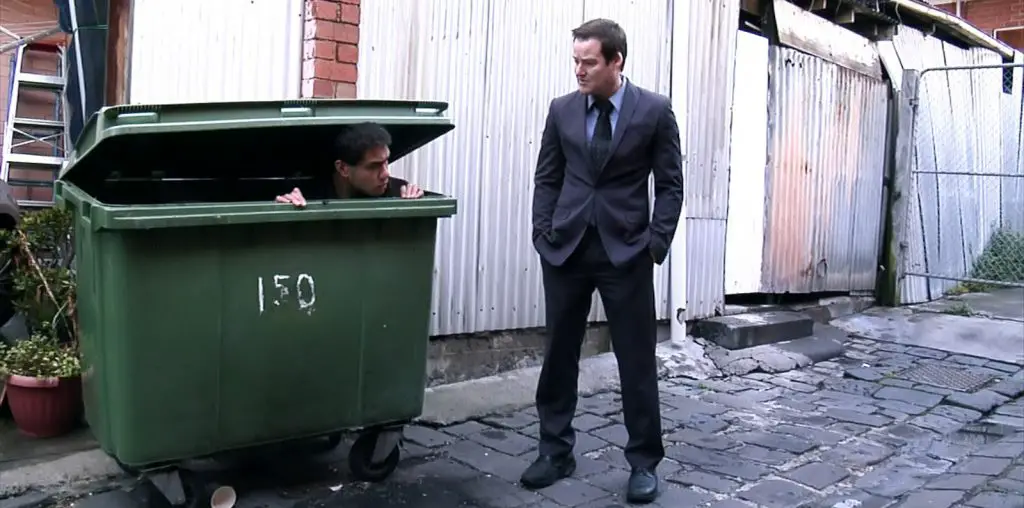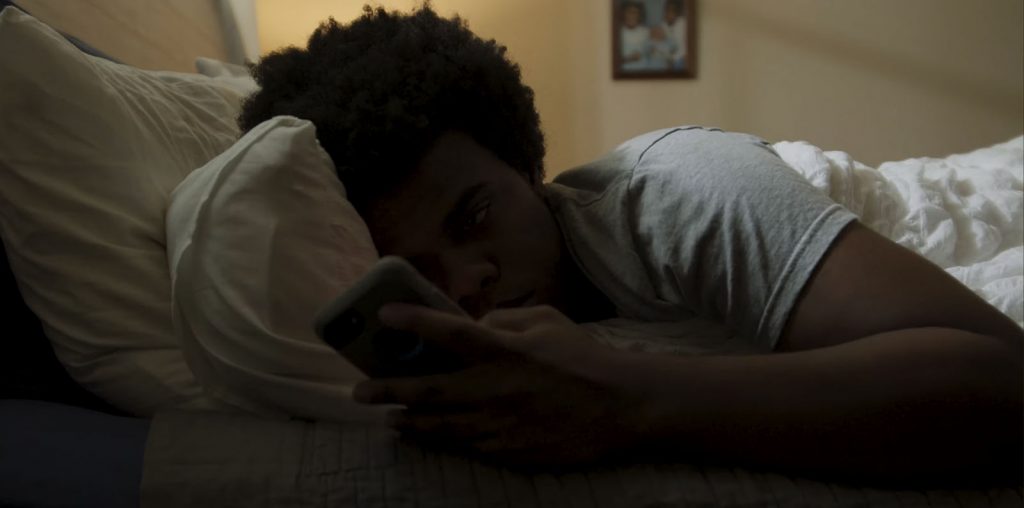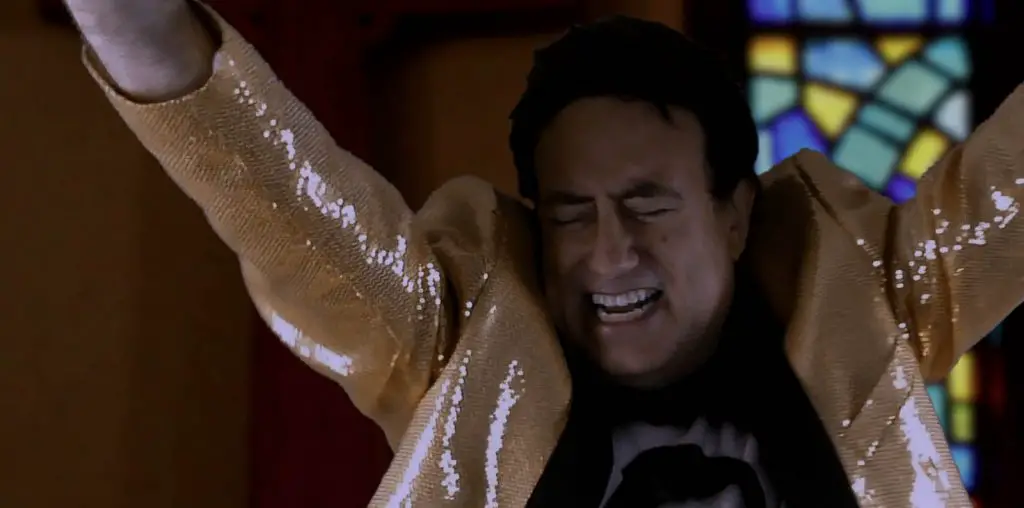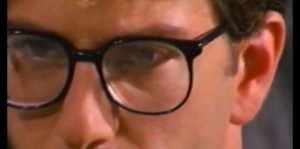
Joseph Strickland’s Dual Mania is a literal psychological thriller. Dr. Steve Livingston (Joseph Plummer) agrees to see one of his colleague’s clients, Tommy (Michael Spitz), for a session or two. Tommy suffers from depression, but the doctor is curious why Tommy has been prescribed Thorazine, which is medication to treat schizophrenia. Also concerning is the patient’s toxic masculinity and his description of women in general.
Intrigued by the case, Steve agrees to see Tommy as a regular client. However, the Thorazine prescription is still of great concern, and every step to research why he is on the anti-psychotic hits an immediate roadblock. The medical records are incomplete; when questioning Tommy’s mother, Steve is met with a door slam; and Tommy’s rather creepy depiction of encounters with women raises several red flags.
Meanwhile, Tommy himself is frustrated with the reasons why he is forced to take Thorazine. Things reach a boiling as Tommy lures his co-worker Lucy (Renee Domenz) to his apartment and rapes her after spiking her drink. Tommy’s menacing private demeanor scares Lydia into not reporting the rape, and his pleasant public face easily explains away the incident.
Dual Mania is a low-budget DIY indie thriller. You’ll find that most of the film’s most glaring shortcomings come as a result of a lack of money. It appears the film was shot with a digital video camera as its images are not of a crisp HD quality. The audio quality is not that bad but is clearly coming from the camera. Lead actors Plummer, Spitz, and Sherrice Eaglin, who plays Dr. Livingston’s fiancée Lydia, are good in their roles, but their lack of acting experience comes through in their performance.
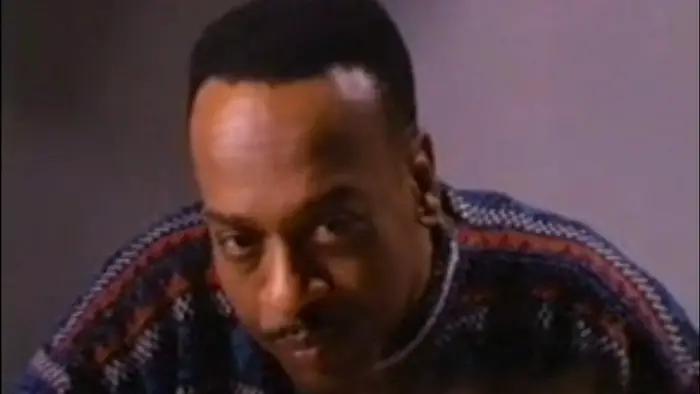
“…suffers from depression, but…curious why Tommy has been prescribed Thorazine…”
In DIY films, their low budget usually affects one’s access to the quality of equipment, locations, actors, and the time and money to fix elements “in post.” The only control a filmmaker has with no budget is the story and passion. Strickland has a palpable passion for Dual Mania, evidenced by the small nuances he puts into it and how he takes no shortcuts to reach the conclusion. What popped out most to me were the moments when Tommy and Livingston’s personal lives begin to crossover. The director also ramps up the sexual tension in an engaging way. Also, I appreciated the discussions of the racial inequities of access to mental health services and prescription medicine.
The criticism that I have of the film is a common one for many first-time filmmakers. There is too much emphasis placed on the dialogue in the script to get points across. There are so many lines that actors are more concerned with getting the words out versus acting. Also, the story plays out like a straightforward narrative where one event follows the other. To take Dual Mania to the next level, the actors need to say less and find ways to become their characters. This reason is why actors like to research to embody better the person they are portraying.
The ability to build tension is vital in a thriller. For example, in the scene when Tommy and Lucy are alone in his apartment, the action needed to slow down, and the tautness the characters are feeling required to be built to heighten the horrific nature of Tommy’s behavior. This is vital so that the scene doesn’t feel perfunctory and engages audiences in a way that makes it invaluable.
It’s not easy making a movie without money. Joseph Strickland’s Dual Mania reinforces that if you have stories to tell and want to make movies, then do it. I appreciate that Strickland did just that, and he put a great deal of creativity and energy into the final product.
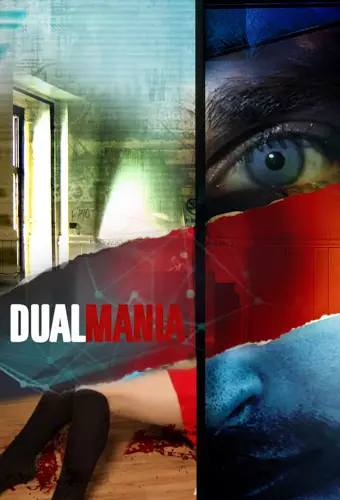
"…reinforces the fact that if you have stories to tell and want to make movies, then do it."
